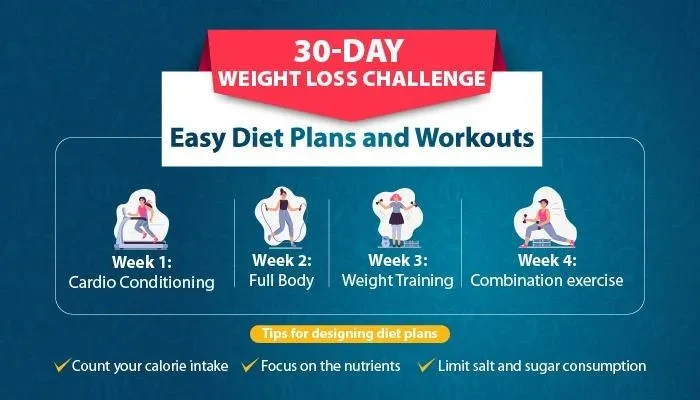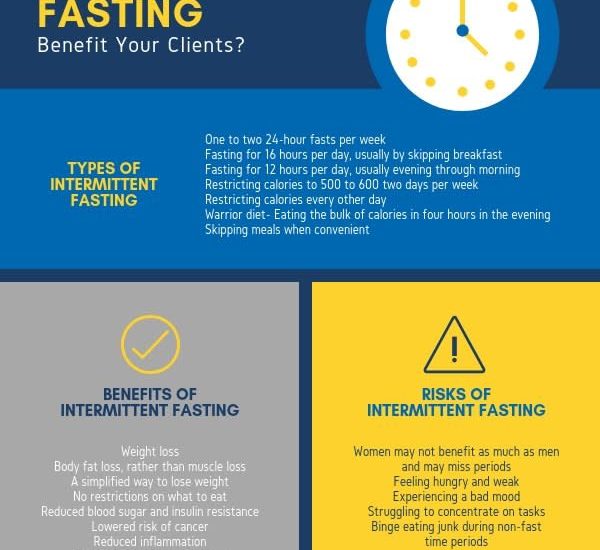Proven Weight Loss Strategies Backed by Science
When it comes to weight loss, there are countless strategies out there promising quick and easy results. But in reality, many of these fad diets and trendy exercise routines are not sustainable in the long run. For those looking to shed pounds and keep them off, it’s essential to turn to science-backed strategies that have been proven to be effective. In this article, we’ll explore some of the most reliable and evidence-based weight loss strategies that can help you reach your goals.
Eat a Balanced Diet
One of the most fundamental principles of weight loss is maintaining a healthy and balanced diet. This means consuming a variety of nutrient-dense foods such as fruits, vegetables, whole grains, lean proteins, and healthy fats. By focusing on whole foods and avoiding processed and high-calorie items, you can create a calorie deficit that will help you shed pounds. Research has shown that diets high in fruits and vegetables, as well as those rich in fiber and protein, can be particularly effective for weight loss.
Practice Portion Control
Even if you’re eating nutritious foods, consuming too much of them can still lead to weight gain. Portion control is a crucial aspect of weight loss, as it helps you regulate your calorie intake and prevent overeating. One effective strategy is to use smaller plates and bowls to trick your brain into thinking you’re eating more than you are. Additionally, paying attention to your hunger cues and stopping when you’re satisfied can help you maintain a healthy weight in the long term.
Stay Hydrated
Drinking plenty of water throughout the day is essential for overall health and can also aid in weight loss. Research has shown that staying hydrated can boost metabolism, reduce appetite, and increase feelings of fullness. Aim to drink at least eight glasses of water a day, and consider replacing sugary beverages with water or unsweetened tea to cut down on unnecessary calories.
Get Moving
Exercise is another critical component of any weight loss plan. Physical activity not only burns calories but also helps build muscle, boost metabolism, and improve overall health. Aim to incorporate a mix of cardiovascular exercise, strength training, and flexibility work into your routine for the best results. Whether you prefer running, weightlifting, yoga, or dance, find activities that you enjoy and can stick with in the long term.
Get Adequate Sleep
Many people underestimate the importance of sleep when it comes to weight loss. Lack of sleep can disrupt hormones that regulate hunger and satiety, leading to increased appetite and cravings for unhealthy foods. Aim for seven to nine hours of quality sleep each night to support your weight loss goals. Creating a relaxing bedtime routine, avoiding screens before bed, and maintaining a consistent sleep schedule can all help improve your sleep quality.
Manage Stress
Stress can be a significant barrier to weight loss, as it can lead to emotional eating, poor food choices, and disrupted sleep patterns. Finding healthy ways to manage stress, such as exercise, meditation, deep breathing, or spending time in nature, can help you stay on track with your weight loss goals. Additionally, seeking support from friends, family, or a therapist can provide you with the tools you need to cope with stress and stay motivated.
Track Your Progress
Finally, keeping track of your progress can be a powerful tool for weight loss success. Whether you prefer journaling, using a fitness app, or working with a personal trainer, monitoring your food intake, exercise habits, and weight loss can help you stay accountable and make adjustments as needed. Celebrate your successes along the way and learn from any setbacks to keep moving forward towards your goals.
Overall, weight loss is a complex and individual journey that requires a combination of healthy eating, regular exercise, adequate sleep, stress management, and self-care. By following these science-backed strategies and staying committed to your goals, you can achieve long-lasting results and improve your overall health and well-being.


